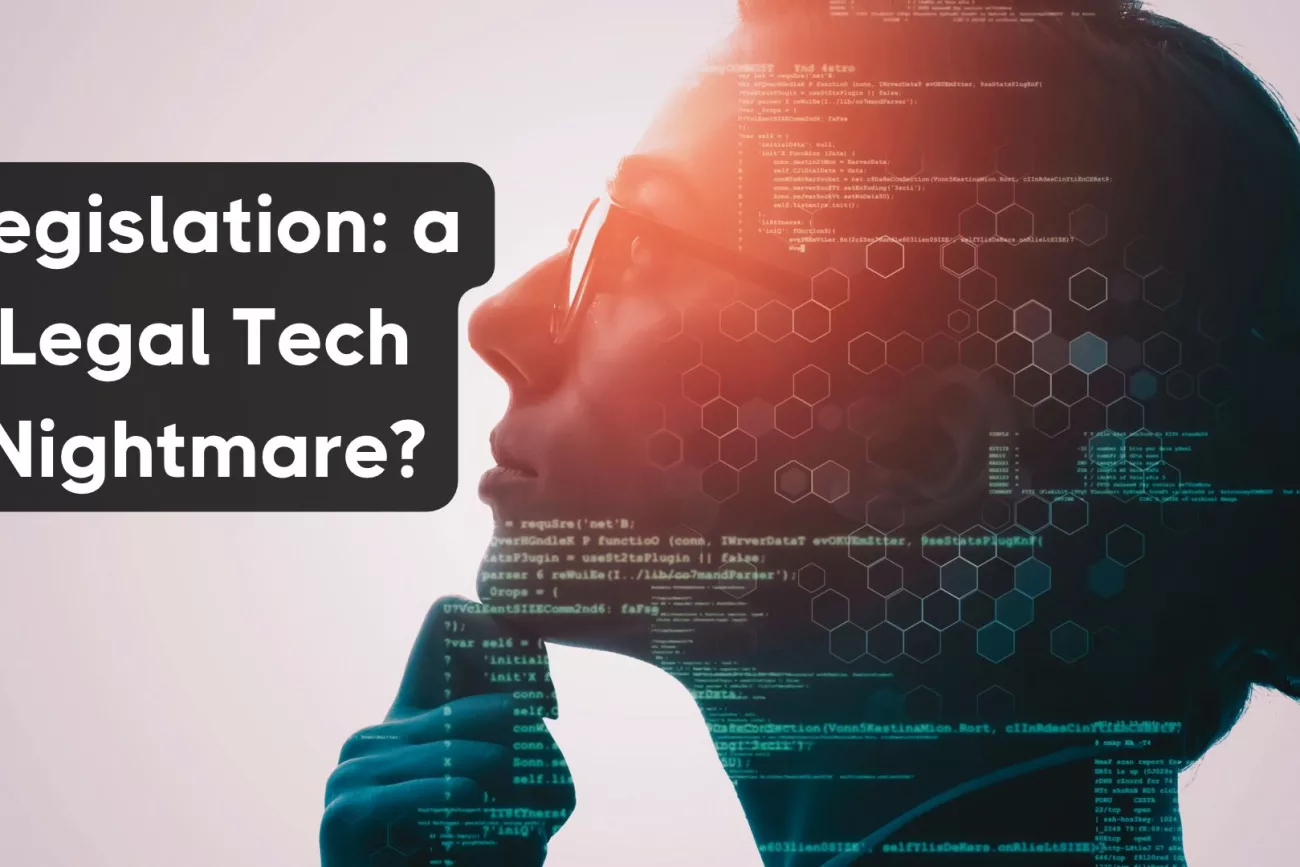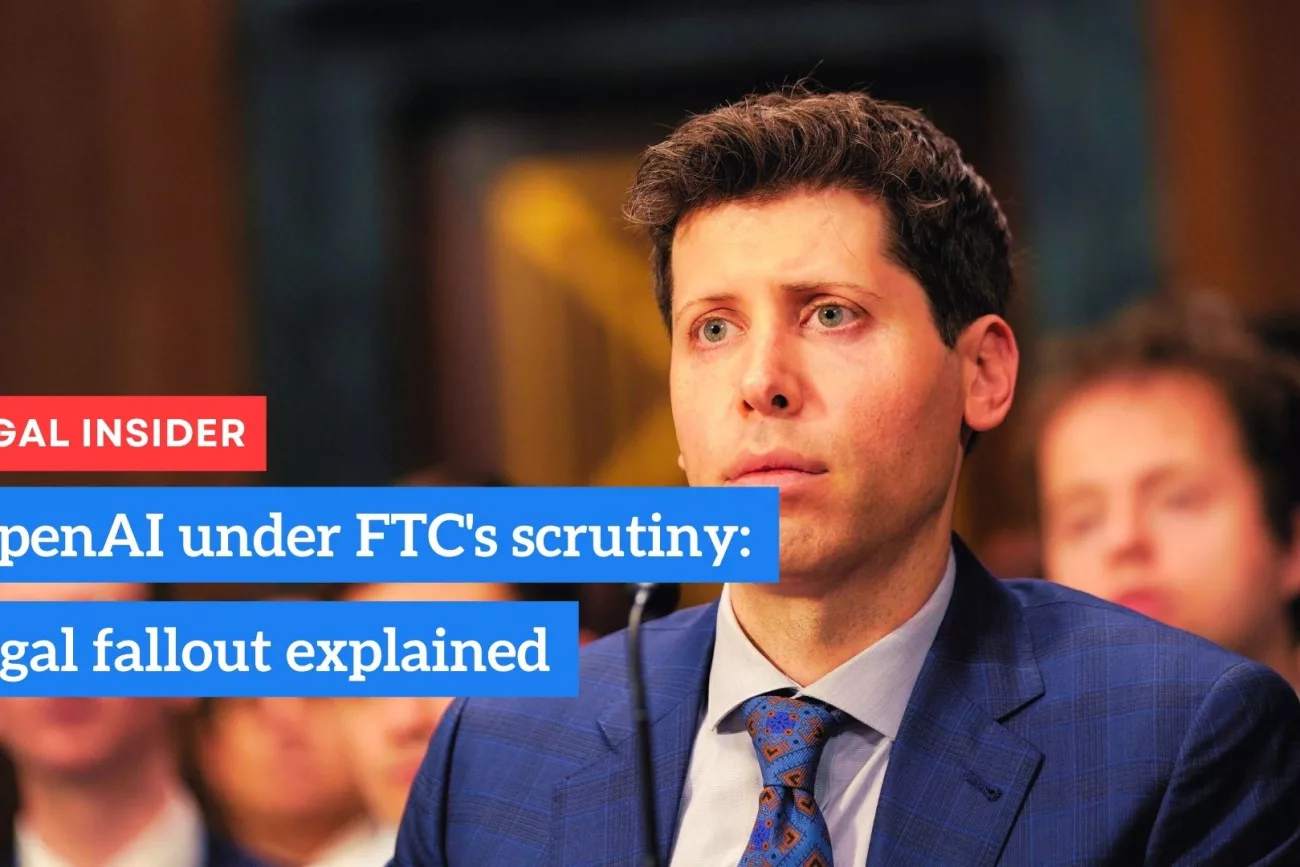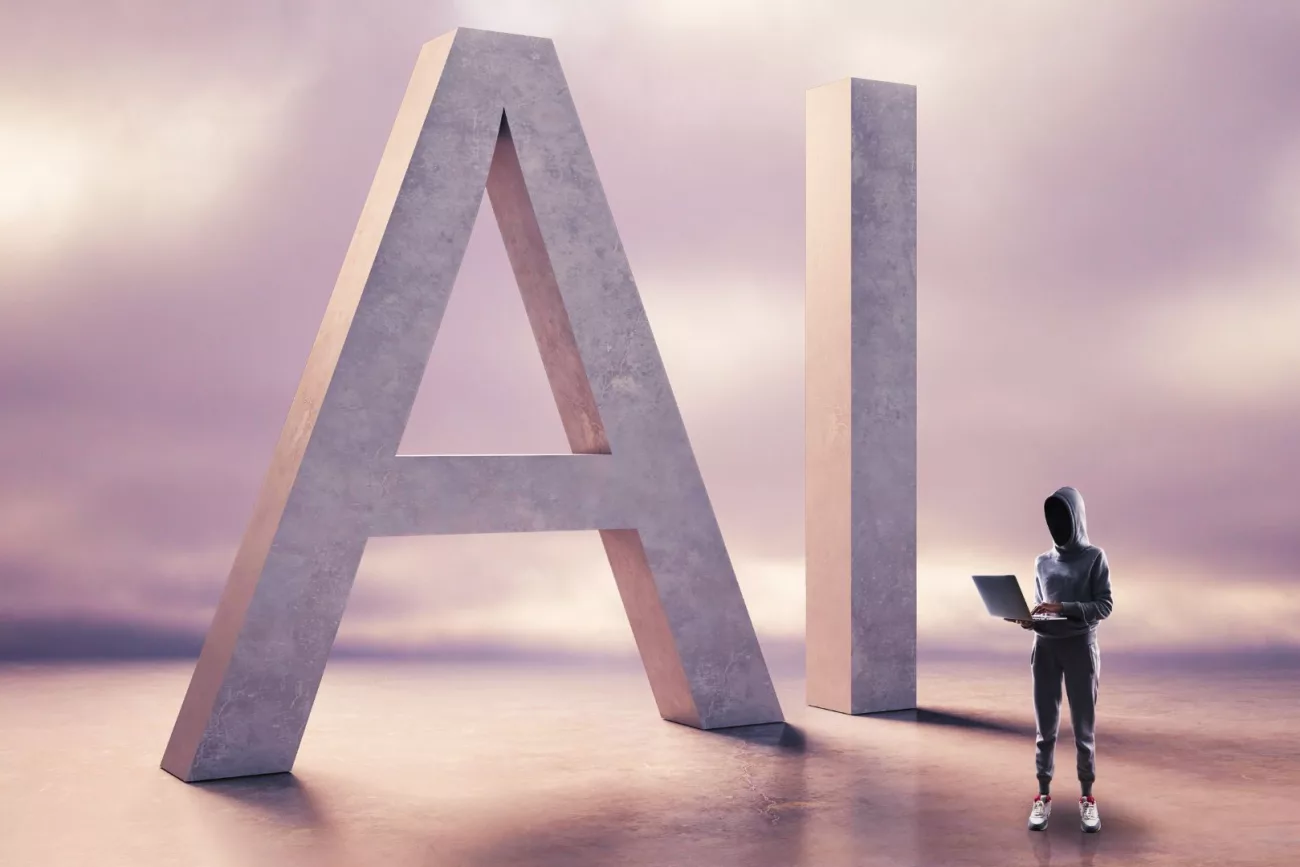
Key Points:
- Google’s AI healthcare model, tested at Mayo Clinic, is triggering a hot debate on the legal implications of AI in healthcare.
- The new model aims to streamline physician tasks but also stokes concerns about data privacy and accuracy, leading to clinical errors.
- Despite accuracy challenges, Google is taking a ‘safety over speed’ approach, creating a delicate balance between innovation and patient safety.
- The legal quandaries over AI in healthcare are high-stakes, raising questions about compliance, privacy, responsibility, and the pace of AI integration.
Google Vs. Microsoft: The Ultimate Legal Showdown over AI Healthcare Technology
In the grand courtroom of healthcare and tech, Microsoft and Google have been locking horns for supremacy, showcasing revolutionary AI applications in medicine. Google has recently hit the headlines for its audacious gamble in the legal arena of AI applications, with its medical AI program vying to disrupt and conquer the healthcare industry. Google’s newest bet, a sophisticated AI healthcare model, is making waves and ruffling feathers in medical and legal circles, igniting debate on the legal implications of AI in healthcare.
The AI Revolution in Healthcare: Google’s Audacious Bet
Google’s cloud business is breaking new ground, implementing novel AI technology in healthcare. In partnership with Mayo Clinic, Google’s Enterprise Search on Generative AI App Builder is being tested, a service that acts like an internal chatbot sifting through mountains of diverse internal data. It sounds magical, doesn’t it? But as we unpack this technological feat, the potential legal implications start to emerge. Can we ensure data security with such vast pools of patient data in play? Is there a legal framework that fully embraces AI-driven healthcare solutions? 🤔
AI Healthcare Model: Potential Cure for Clinician Burnout or a Pandora’s Box?
Mayo Clinic, a top-tier healthcare system in the U.S, is one of the first to adopt Google’s AI model. The model is touted as a one-stop-shop for clinicians who can swiftly pull out information such as a patient’s medical history, imaging records, or genomics. But as it offers potential time savings and reduced burnout, the model also stokes legal questions around data privacy and security. How can we ensure this AI model does not cross ethical boundaries or violate legal stipulations? It’s a matter of intense debate. 🕵️♀️
AI Healthcare Model in Action: Does it Deliver or Disappoint?
Google’s new model aims to streamline physician tasks. For example, a physician needing information on a cohort of female patients aged 45-55, including their mammograms and medical charts, can obtain it through a simple query. But with these potential benefits, comes the vexing legal question: what happens if the AI tool misinterprets or misrepresents data, leading to clinical errors? Could healthcare institutions and tech companies be held legally accountable? 🤷♂️
The AI Health Care Race: Microsoft Vs. Google
The concept of Generative AI is not new. It exploded onto the tech scene in late 2022 when Microsoft-backed OpenAI released its chatbot, ChatGPT. Google, in response, launched its own Bard AI chat service, further escalating the rivalry. Both aim to cement their footprints in healthcare, a realm fraught with potential legal hurdles. What legal parameters should be in place to prevent misuse of such AI tools? Who should bear the responsibility for AI-induced medical errors? It’s a hotbed of controversy that we must explore. 🔥
Walking the Tightrope: Balancing Speed and Safety
Google is taking a cautious approach to AI in healthcare, prioritizing safety over speed. It’s a noble stance, but one that prompts even more legal quandaries. Should there be legal guidelines to dictate the pace at which AI is integrated into healthcare? Who should oversee this process, ensuring the delicate balance between innovation and patient safety isn’t toppled? 👀
Patient Data Privacy: The Indispensable Element
Google has emphasized its commitment to data privacy, stating that the new service complies with HIPAA. Mayo Clinic has established safe sandboxes for the technology’s applications, promising patient data privacy. But how can we ensure total compliance with these stringent privacy norms? Are current laws adequate to deal with potential breaches of privacy by AI-driven systems? The discussion is open and the stakes are high. 🚀
AI’s Journey in Healthcare: A Road Paved with Challenges
Even as Google advances in its AI healthcare journey, hurdles abound. Google’s Med-PaLM 2, another AI tool under trial, has faced criticism for its accuracy. While it outperforms in certain metrics, the tool has reportedly produced more inaccuracies and irrelevant information than human doctors. The question then arises: Are we ready to take legal action against an AI system for medical negligence or malpractice? 🤯
A New Frontier
AI’s entry into healthcare, led by tech giants like Google and Microsoft, heralds an era of exciting possibilities and daunting challenges. This new chapter is ripe with legal conundrums that we must not shy away from but confront head-on. Is the law prepared to handle the complexities of AI-driven healthcare? Are we ready to debate, discuss, and dissect this groundbreaking intersection of tech and medicine?
📢 Share your thoughts below and sign up for our newsletter to stay updated on this monumental legal battle in the realm of AI and healthcare. Let’s dive into the discussion and help shape the legal landscape for AI in healthcare together!
References:
Share this post
Frequently Asked Questions (FAQs)
Q: What is Google's new healthcare AI model?
A: Google’s AI healthcare model is a cutting-edge technology being tested at Mayo Clinic, aiming to streamline clinical tasks by quickly pulling out relevant patient information through a simple query.
Q: How does this AI model impact patient data privacy?
A: While Google and Mayo Clinic emphasize compliance with HIPAA, concerns around AI-driven systems’ potential to breach privacy norms are triggering legal debates.
Q: How is Google's approach different from Microsoft's AI model?
A: While both companies have launched AI models, Google prioritizes safety over speed in healthcare, choosing a cautious approach over fast implementation.
Q: What challenges does AI in healthcare face?
A: AI in healthcare faces accuracy challenges. Google’s Med-PaLM 2, despite outperforming in certain areas, has faced criticism for producing more inaccuracies and irrelevant information than human doctors.
Q: Who is legally accountable for AI-induced medical errors?
A: The issue of legal responsibility for AI-induced medical errors is still a contentious topic, fueling intense debate in both the legal and healthcare sectors.














